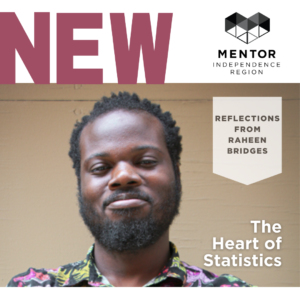The Heart of Statistics by Raheen Bridges
July 24, 2024In our new Guest Blog Post, our Youth Advisory Group Member and Summer Intern Raheen Bridges reflects on his experiences with MENTOR IR as a part of our Youth Participatory Action Research Project.

During my AmeriCorps service, I have actively sought opportunities to grow as a mentor in both my personal and professional life. When introduced to MENTOR IR’s Youth Advisory Group by my program directors, I eagerly joined despite uncertainty about what lay ahead. Fortunately, seeing familiar faces from my cohort at the Urban Technology Project made the experience more comfortable from the start.
The Youth Advisory Group was assembled to consult on the design of a study aimed at discovering new strategies for more effective mentoring. Immediately, we found ourselves in a unique role—consulted as experts based on our own experiences.
Under the guidance of Abigail Ellis and Adelaide Moschler, we addressed the “mentoring gap,” the decline in mentorship among my generation (Generation Z) and Generation X. Of course, this issue resonated with us on a personal level, reflecting our observations and experiences with fundamental disconnects between these age groups.
Our initial task involved refining MENTOR IR’s communication strategies to effectively reach young people like us. The ultimate goal was to gather insightful data that could later be used in constructing educational resources for mentors. This stage raised more questions than answers, such as: What defines a mentor? How does home life influence relationships with mentors? What significance do the qualities we seek in mentors hold compared to those we require from parental figures? After solidifying our approach, we conducted our first study group, where we served as participants. By then, we had met several times. Abigail and Adelaide quickly became mentors to each of us, allowing some of us to assist them in subsequent study groups.
Most recently, we had the privilege of consulting Mike Garringer, Senior Director of Research & Quality at MENTOR National. His knowledge and openness to our many questions inspired confidence in us as first-time researchers.
As a Black man from a low-income background, I voiced concerns about reducing human experiences to mere numbers in our research. Mike, Abby, and Adelaide showed deep empathy and understanding, broadening my perspective on the importance of inclusivity and diversity in our research efforts.
Collaborating with seasoned professionals dedicated to decades of mentorship work was inspiring. Despite our efforts, we must recognize the challenge of fully representing all demographics affected by the mentoring gap. Mike emphasized the necessity of maintaining a human-centered approach and persisting in addressing the voices of underrepresented groups over time.
Through this process, I have learned to maintain grace not only for myself as a mentor but also as a mentee to the mentors in my life, who may have as much to learn as they have to teach. Initially apprehensive about research reducing individuals to statistics, this journey taught me that research can amplify unheard voices and foster genuine inclusion. Many participants, like myself, had never felt their opinions truly valued before. I am proud to contribute to MENTOR IR’s work—a commitment not just to research but to empathy and meaningful change in our communities.

